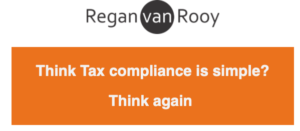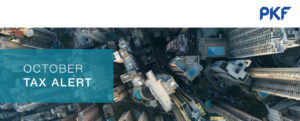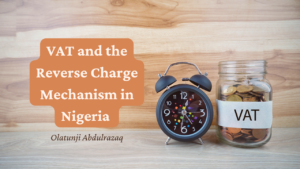S.Africa: United Kingdom: Major Victory for VWFS in Partial Exemption VAT Case
Posted on August 25, 2015.
This UK VAT judgment will impact VAT apportionment cases in South Africa:
United Kingdom: Major Victory for VWFS in Partial Exemption Case
A recent significant decision concerns the victory of Volkswagen Financial Services (U.K.) Ltd (“VWFS”) in the Court of Appeal in connection with its partial exemption method appeal. The Court has made it clear that HM Revenue & Customs’ (“HMRC”) assertions cannot be sustained. VWFS (as with other finance houses) clearly makes both taxable supplies of goods and exempt supplies of finance. Any partial exemption method proposed by a tax payer or imposed by HMRC must recognize that fact.
The Decision
The Court of Appeal has dealt a heavy blow to HMRC in this long-running case about the recovery of input VAT by a “finance house”. Throughout this litigation, HMRC has asserted that VAT incurred by VWFS on its overheads only has a direct and immediate link with the company’s exempt supplies of finance. As such, according to HMRC, none of the VAT incurred on overheads could be reclaimed.
On the other hand, VWFS argued that, as far as the sale of vehicles on finance was concerned, there were two distinct and separate supplies for VAT purposes. The first supply was the taxable sale of the car and the second supply the exempt supply of finance. VWFS contended that its partial exemption method should acknowledge that the two supplies existed and that, as a result of there being two supplies for each transaction, it should be entitled to recover 50{780f53c297e2c008074d23b865a0ce0b35a4f08852d8e1e49466a5a902c4e44e} of the VAT incurred on overheads.
The First-tier Tribunal agreed with VWFS but the Upper Tribunal disagreed, holding that the principal activity of VWFS was the supply of VAT exempt finance. As such, the VAT incurred on overheads only had a direct and immediate link with those activities and could not be reclaimed. VWFS appealed to the Court of Appeal which overturned the Upper Tribunal’s decision.
In a unanimous judgment (3-0), the Court of Appeal has stated that there is no principled basis for HMRC’s argument that the general overheads of VWFS’s business should not be treated as cost components of both the taxable supplies of cars and the exempt supplies of finance. As a consequence, the residual input tax was eligible to be reclaimed. VWFS had argued (and the First-tier Tribunal agreed) that this should be on a 50/50 basis (given that for each hire purchase transaction there was a taxable supply and an exempt supply). The Court of Appeal could not interfere with the First-tier Tribunal’s findings and it was not open to HMRC to argue for a different method of apportionment that had not been argued in the lower courts.
Comment
This represents a major victory for VWFS and a major blow to HMRC. It may be expected that HMRC will consider an appeal to the Supreme Court but it is difficult to see on what point of law such an appeal would be made. In the meantime, finance companies should review their partial exemption methods as a matter of priority and, where a method has not produced a fair and reasonable apportionment, a new method should be proposed and any overpayment of VAT should be recovered.
Graham C. Brearley, Senior Manager Tax, Grant Thornton U.K. LLP




